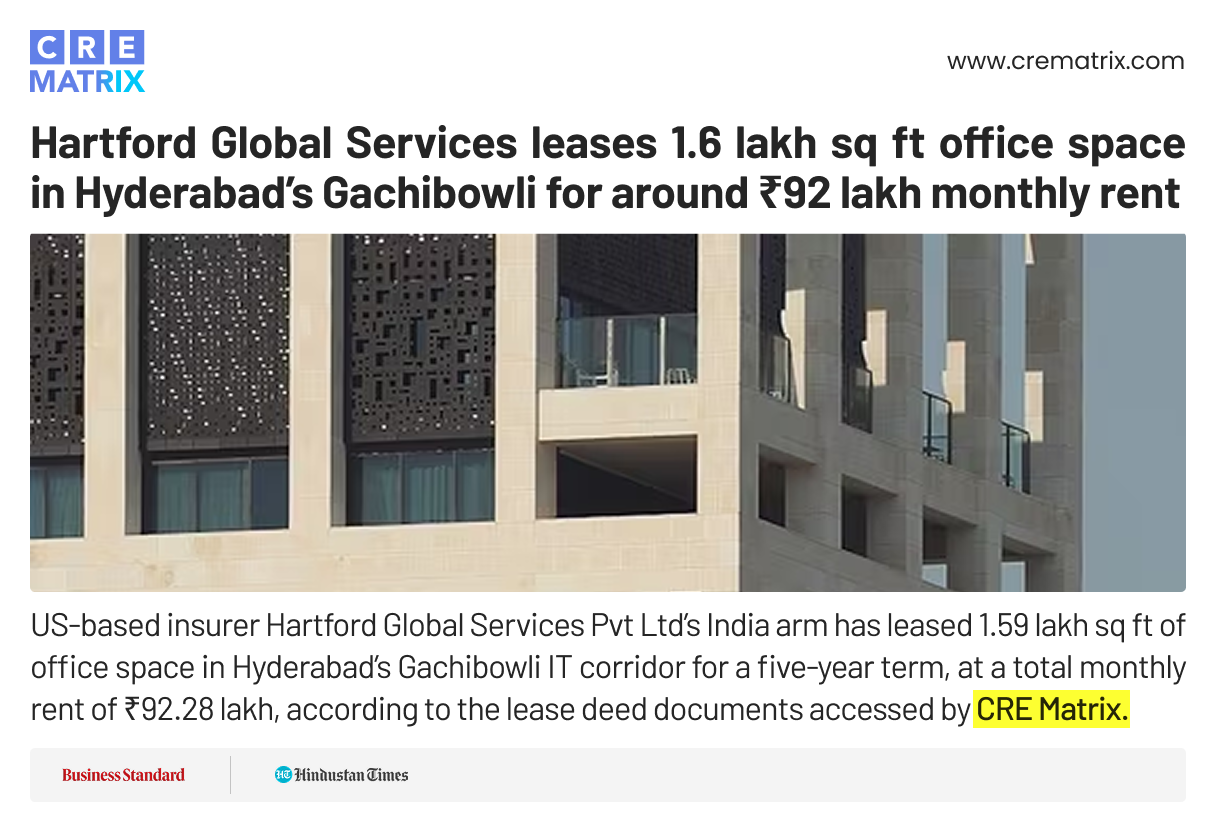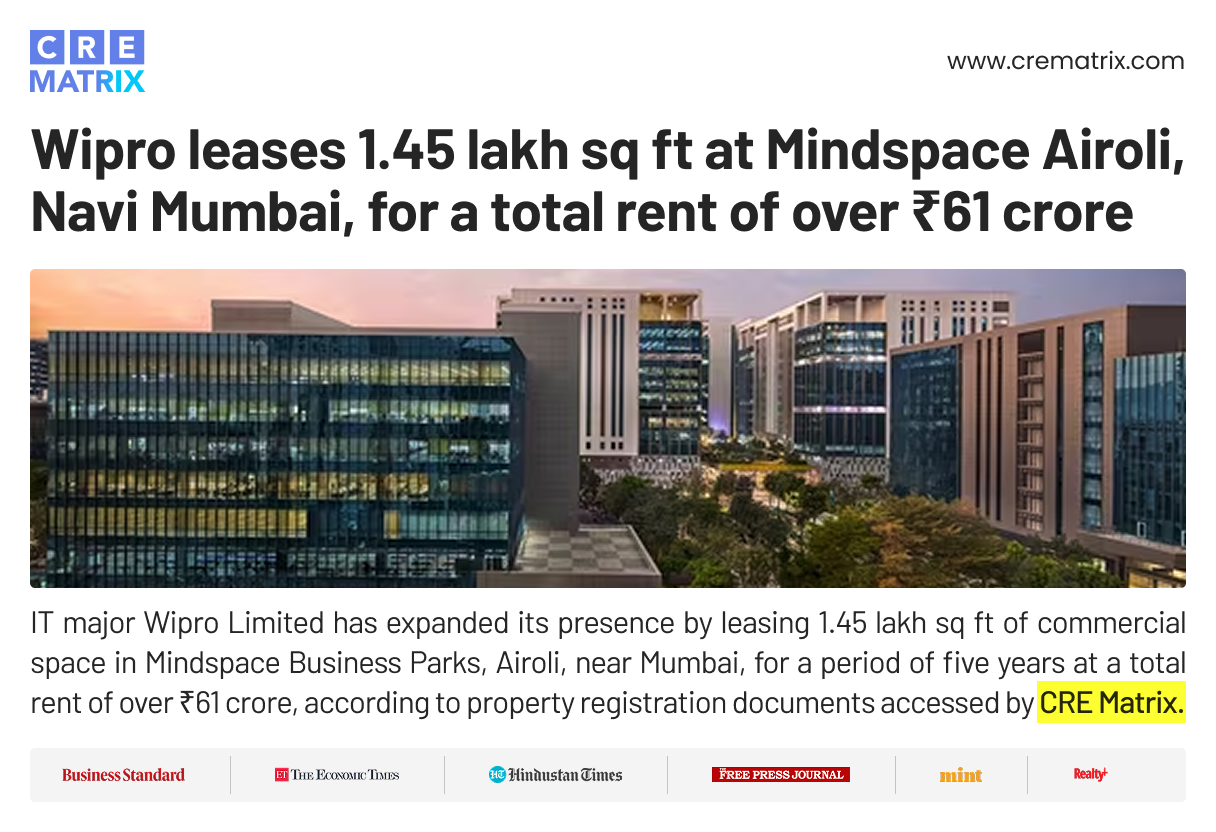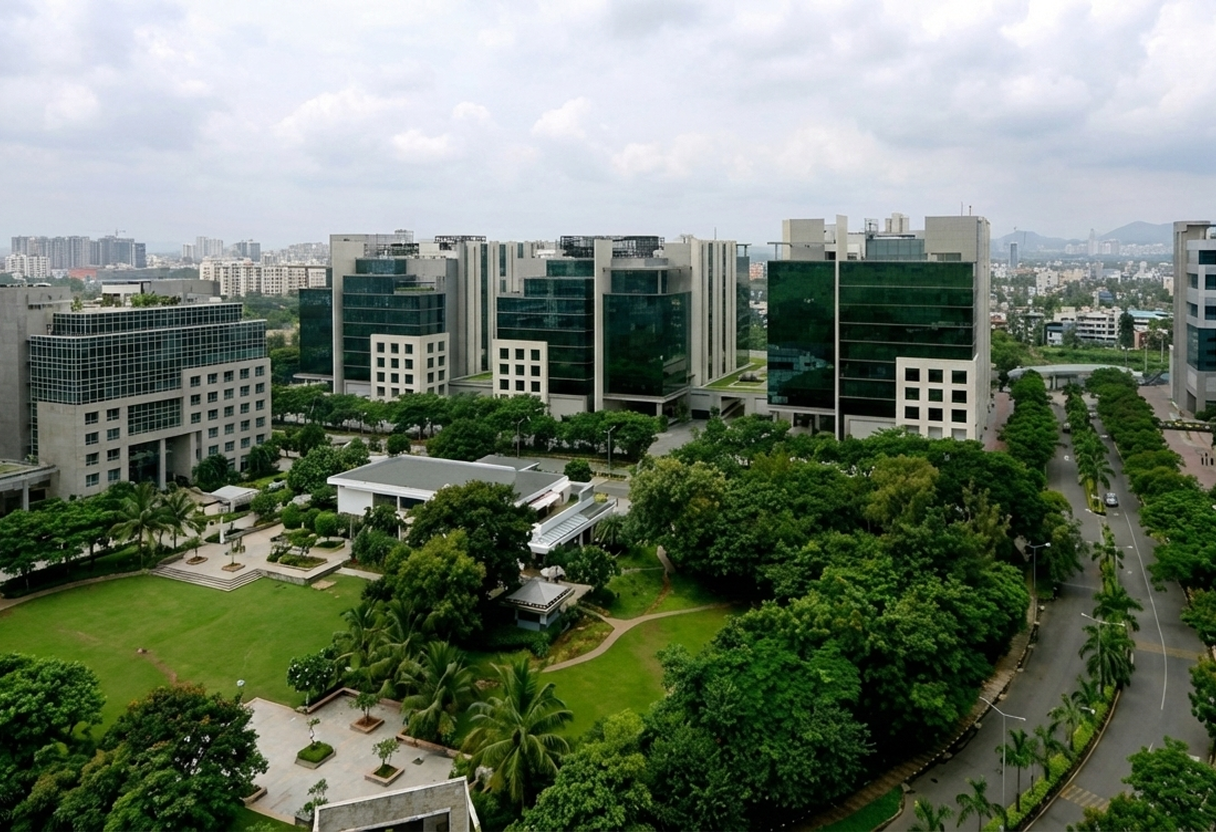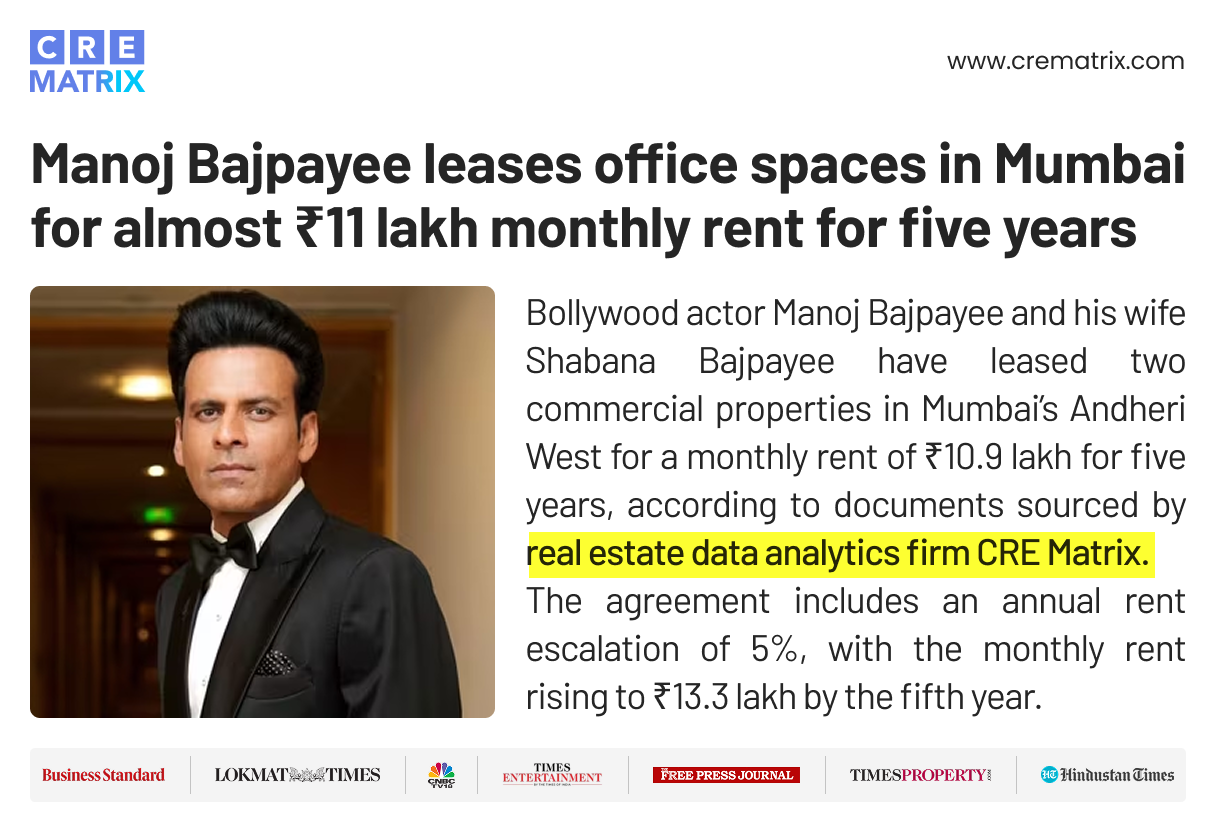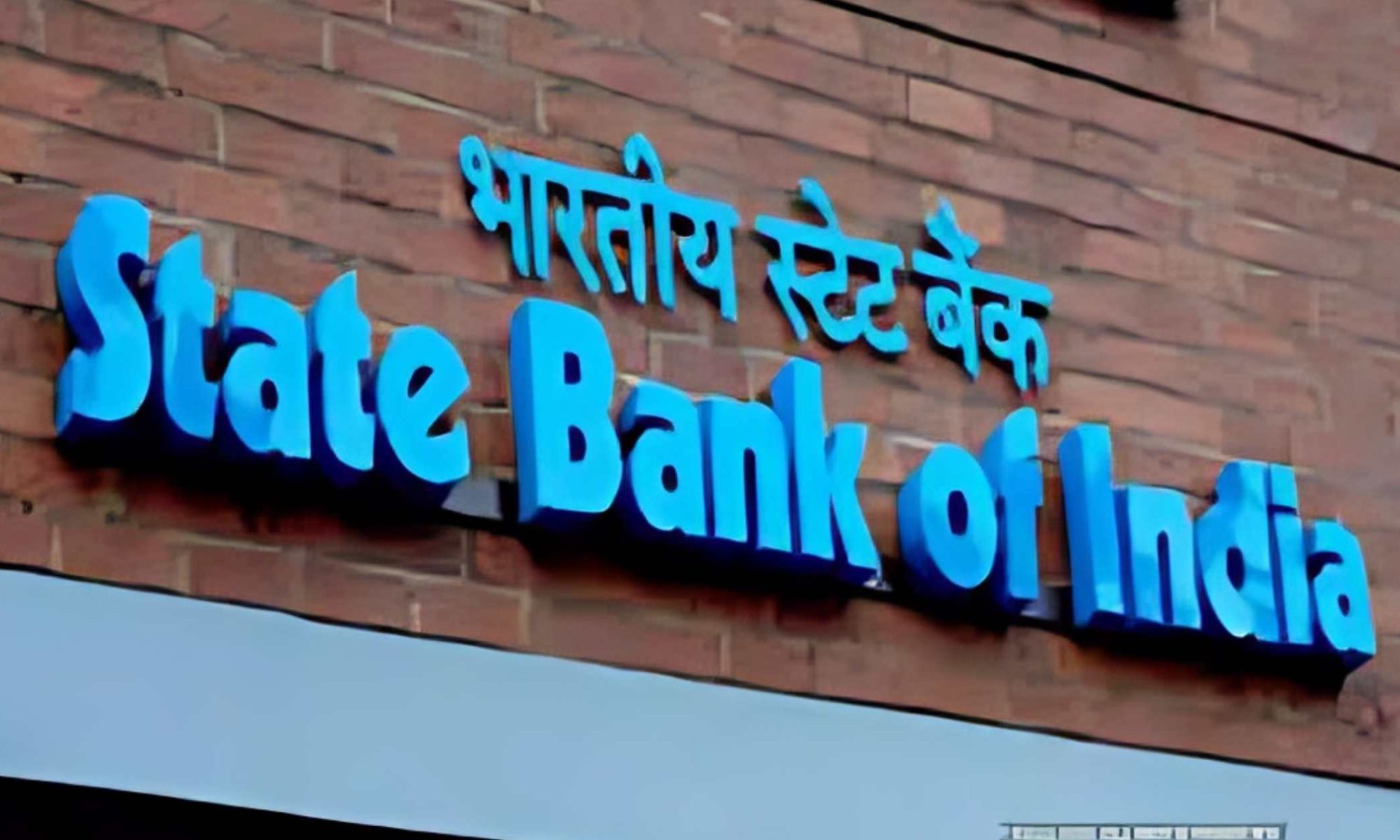Hartford Global Services has expanded its India operations with a large office lease in Hyderabad. The US-based insurer’s India arm has taken 1.59 lakh sq ft of office space in Gachibowli, one of the city’s key IT corridors. The deal comes with a monthly rent of ₹92.28 lakh, according to lease documents accessed by CRE Matrix.
The office is located in Kalyani Trident and spans the 21st and 22nd floors. Hartford will pay ₹44.48 lakh per month for 76,701 sq ft on the 21st floor. Additionally, it will pay ₹47.79 lakh per month for 82,406 sq ft on the 22nd floor.
Lease Structure, Rentals, and Key Terms
The rent works out to ₹58 per sq ft per month across both floors. Hartford has paid a security deposit of ₹5.53 crore as part of the agreement.
The lease runs for five years with a three-year lock-in period. Moreover, the agreement includes a 15% rent escalation every three years. The company also secured 213 car parking slots, each charged at ₹3,500 per car per month.
The lease was officially registered on December 9, 2025, and Hartford paid a stamp duty of ₹14 lakh.
Hartford will begin paying rent for the 21st-floor space from March 1, 2026. Meanwhile, rent payments for the 22nd-floor premises will start from September 1, 2026.
Gachibowli’s Growing Appeal
Gachibowli continues to attract global occupiers. The micro-market benefits from steady demand from global capability centres, IT firms, and financial services companies. It also offers Grade A office developments, strong road connectivity via the Outer Ring Road, upcoming metro links, and easy access to the international airport.
As a result, Gachibowli remains a preferred destination for large, long-term office leasing deals.
Recent Transactions
Recent office transactions in Hyderabad reflect steady occupier confidence across key IT corridors. Large leasing deals by global firms highlight sustained demand for Grade A spaces, flexible lease structures, and well-connected micro-markets such as Gachibowli and Hitec City.
In a recent transaction, Global real estate consultancy Jones Lang LaSalle Property Consultants India (JLL) leased 1.21 lakh sq ft of office space at Prestige Skytech – Sky One in Poppalguda, Gandipet mandal, Hyderabad. In another transaction, Facebook India leased 69,702 sq ft office space in Hyderabad’s Hitec City.
Elevate your decisions in real estate as a developer or broker with CRE Matrix‘s data-driven insights. Book a demo now!


